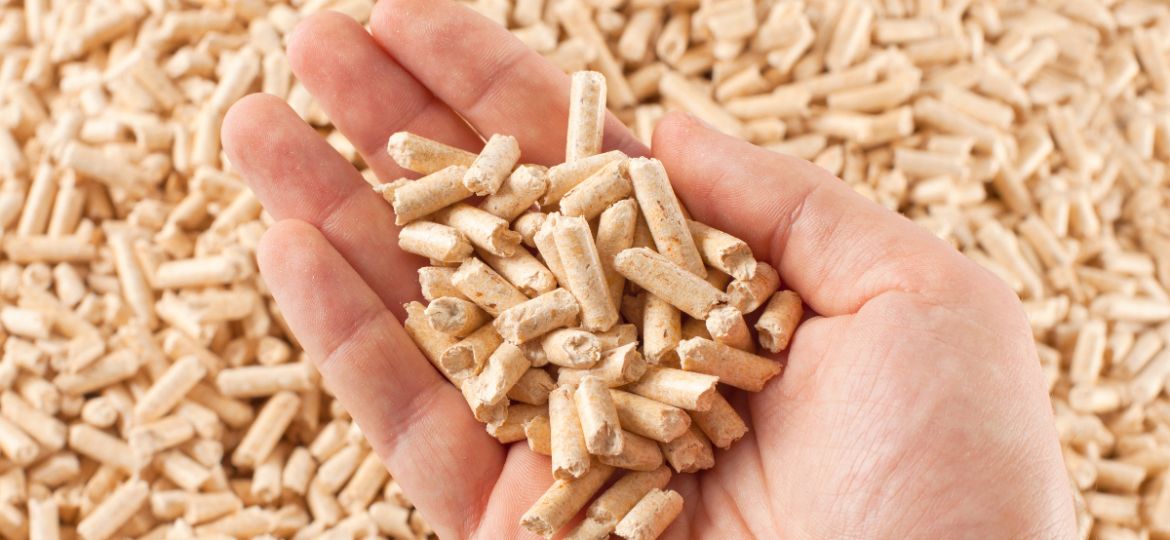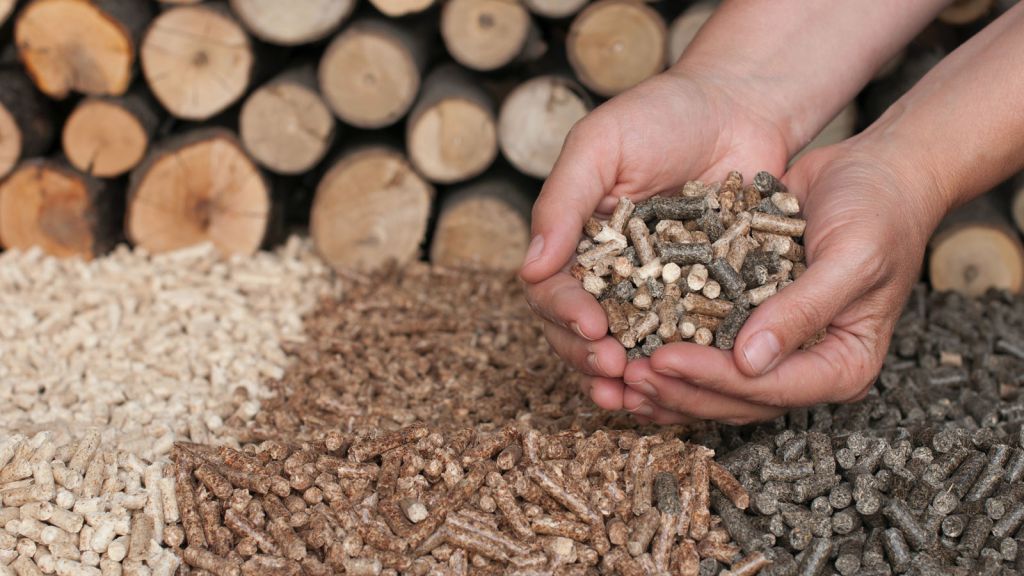
The Importance of Pellets in Europe and Worldwide Pellet Market
Introduction
As global energy demand increases, pellet fuel is becoming an increasingly preferred alternative due to its eco-friendly, economical, and sustainable nature. Many countries, especially in Europe, are promoting pellet usage to reduce carbon emissions and transition to renewable energy sources. This article discusses the global importance of pellets, market developments, and the significance of selling pellets that comply with Enplus A1 standards.

1. The Global Importance of the Pellet Market
Pellet consumption is rapidly increasing worldwide, driven by the following factors:
- European Union Green Energy Policies: EU countries provide significant incentives for biomass and pellet usage as part of their renewable energy goals.
- Efforts to Reduce Carbon Emissions: The need to phase out coal and fossil fuels in favor of cleaner energy is growing.
- Industrial and Residential Use: Factories, greenhouse owners, and individual users increasingly prefer pellet fuel for heating systems.
2. Advantages of Pellets and Enplus A1 Standards
Pellet fuel is a highly efficient and environmentally friendly energy source, with low emissions and high performance. Pellets certified with Enplus A1 meet the highest quality standards and offer several advantages:
| Feature | Advantage |
|---|---|
| Low Moisture Content | Provides more efficient combustion |
| Low Ash Content | Produces less waste |
| High Calorific Value | Ensures prolonged energy output |
| Free of Chemical Additives | Offers an eco-friendly and healthy fuel option |
| Complies with ISO 17225-2 Standards | Guarantees international quality |
| Pellet Color Is Irrelevant | Depends on wood type but does not affect quality |
3. The Eco-Friendliness of Pellets and Types of Wood Used
Since pellets are biomass fuel, they serve as a carbon-neutral energy source that does not harm the environment. The type of wood used may affect the color of the pellets, but it does not impact quality. Pellet production commonly involves hardwood and softwood species such as pine, beech, and oak. This process supports sustainable forest management and provides an eco-friendly alternative to traditional fuels.
4. European and Global Market Trends
- Growing Market in Europe: Germany, Italy, France, Austria, and Scandinavian countries lead in pellet consumption.
- Rising Demand in Asia and North America: Biomass and pellet usage are increasing, particularly in China and the United States.
- Expanding Production Capacity: Pellet production facilities are growing worldwide, leading to greater export opportunities.
5. The Importance of Selling Enplus A1 Certified Pellets
Consumers prefer Enplus A1 certified pellets due to their high quality, reliability, and eco-friendly nature. Selling pellets that meet these standards:
- Increases Customer Satisfaction: Low ash content and high energy efficiency make it a user-friendly product.
- Ensures Legal Compliance: Meets environmental and energy regulations in Europe and other markets.
- Enhances Profitability and Competitiveness: Quality assurance builds a trustworthy brand image in the market.
Conclusion
As the global significance of pellets continues to grow, producing and selling Enplus A1 certified pellets provides substantial environmental and economic benefits. The rapid expansion of the global market presents significant opportunities for companies operating in the pellet sector. ATABAŞ GRUP can strengthen its leadership position by focusing on high-quality and sustainable pellet production while prioritizing customer satisfaction.

